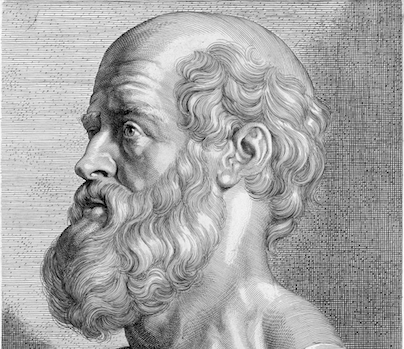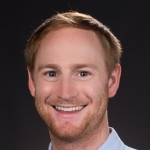I recently revisited the Class of 2019 Oath for the first time since my White Coat Ceremony in 2015. At the University of Arizona College of Medicine–Phoenix, we don’t recite the traditional Hippocratic Oath, or even a modified or updated version. Here, the students are responsible for generating their own oath. Each class creates this symbolic oath in the first week of school. Class members submit ideas and a group of six classmates combine and condense their ideas with faculty input. That is how our class oath, and every class’s oath, came to be.
Our school is not unique in this approach. Many schools now have oaths written by their students. One can understand the reasoning behind this–the original Hippocratic Oath was written thousands of years ago. The world has changed since ancient Greece. Nevertheless, not all the shifts of time and society have been good for patients, or in a broader sense, the practice of medicine. I disagree with the way that our school and others approach the traditional Hippocratic Oath.
Students should not craft their own oath. We–and I certainly include myself in this “we” and all assertions hereafter–are young, impulsive, and inexperienced students of medicine. Despite what we may think, we are entering a profession that we know little about at the time we write our oaths. Before medical school we forged the character that prepared us for this path, but we enter the field in desperate need of guidance and instruction. We should be humble enough to appreciate the shoulders that we are standing on by respecting the foundations already constructed. I doubt very much that Hippocrates wrote his Oath before he ever began medical practice. How are we able to have the vision and foresight to do better than the Father of Medicine?
I agree that some aspects of the Oath should be updated. For example, we would likely no longer choose to pledge allegiance to the deities of Hippocrates. However, a central tenet of the original Oath was the fact that he did acknowledge a power higher than himself. It is shameful to me that a core pillar of the oath would be lost to the winds of time. The Oath is directed not only towards our duty to patients and the community but toward a power beyond our own, whether divine or otherwise. This is one example of modern progress that has overstepped appropriate time-honored bounds.
If it were my decision, I would change how our school recites the Oath. The creation of our own oath has always felt presumptuous and without credibility. I would move towards using a better model, such as the Declaration of Geneva or the oath written by Louis Lasagna from Tufts University. My Class of 2019, while dear to me, has not produced an oath with true longevity. Our class and those who inevitably follow would benefit by a more experienced and time-tested oath.
Tyson Amundsen is the only member of the class of 2019 who hails from Utah and is extremely proud of it. He spent two years living in Los Angeles, California, serving as a missionary for the Church of Jesus Christ of Latter-Day Saints before graduating from the University of Utah with a degree in Latin American studies. His passions include skiing and soccer, but he'll settle for just about any outdoor activity. His professional interests include bioethics and religious liberties in medicine.


